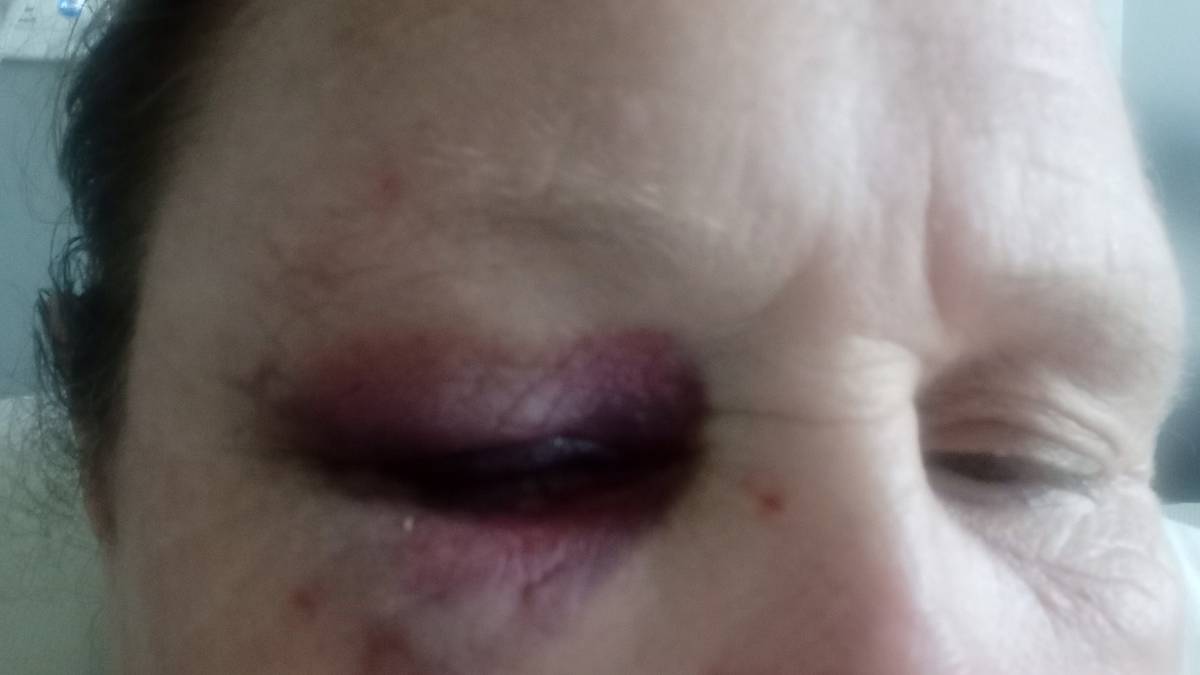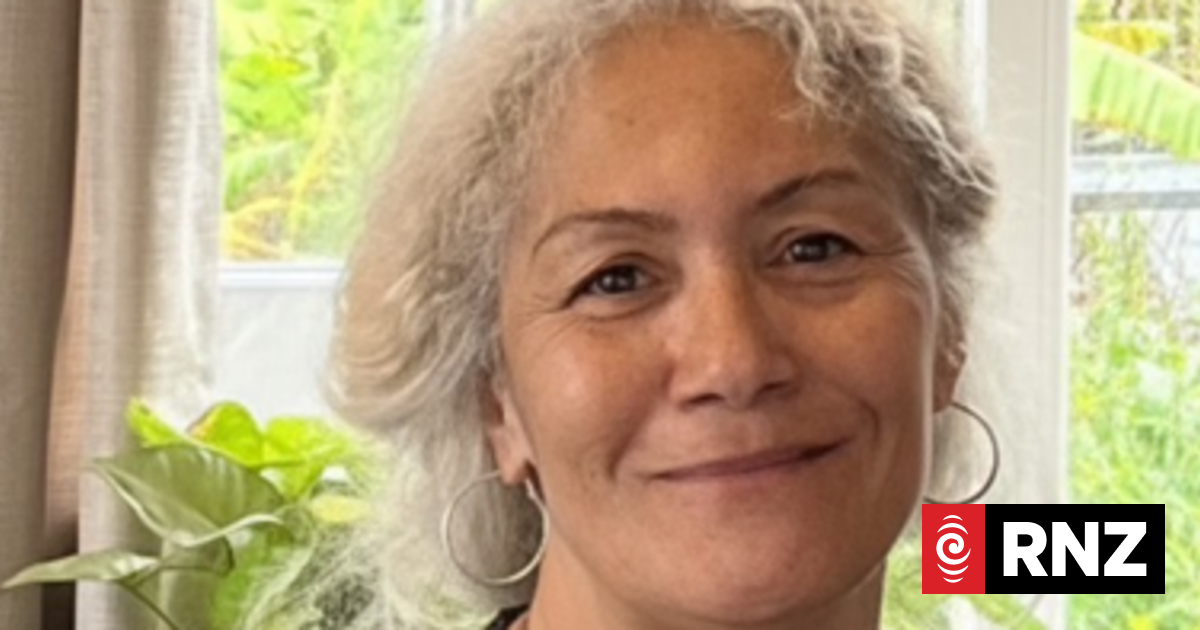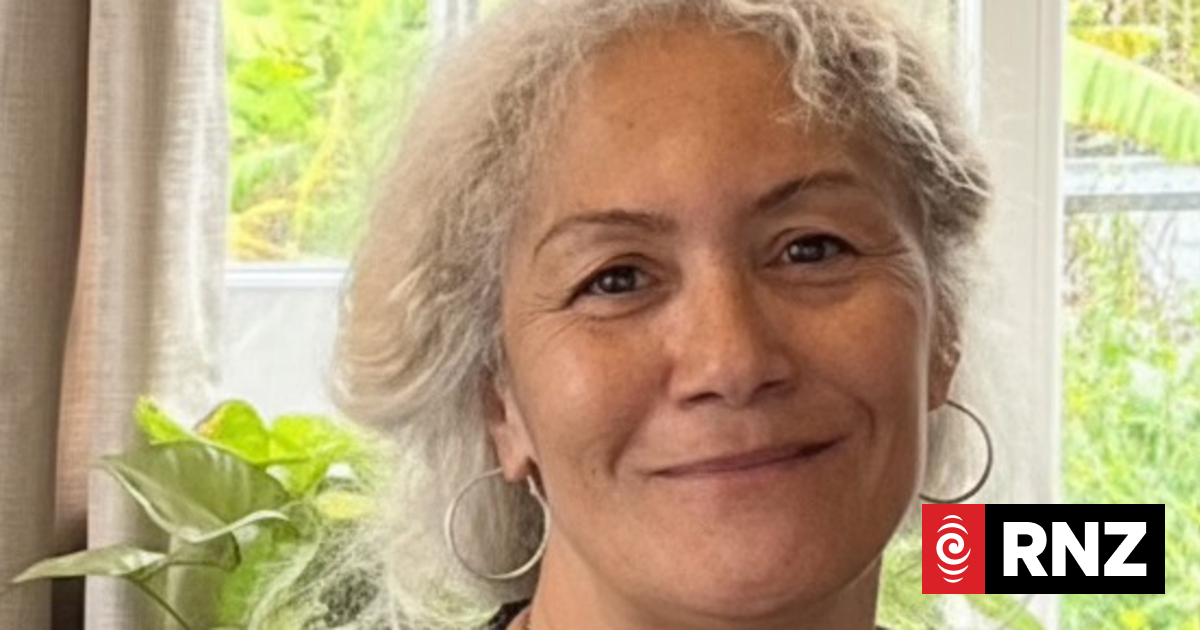A man spat at and punched Chrissie Massey while she was waiting for treatment at Rawene Clinic in Hokianga on May 18, leaving her with a severely blackened eye.
A quiet night at a rural emergency hospital turned into “a scene from a horror movie” when a nurse, doctor, patient and a volunteer firefighter trying to help were all assaulted.
A patient staying at the Rawene Hospital in Northland, Chrissie Massey, said a “gentle and caring nurse [was] subjected to verbal and racial abuse” late last Thursday – before Massey was spat on and punched herself.
Authorities said even hospital staff not directly involved incident were left “shaken and traumatised”.
One nurses’ union says abusive and challenging incidents are “common” – in line with data that shows a doubling of police callouts to health centres regarding harassment and threatening behaviour in the last four years.
Advertisement
Callouts for harassment and threats increased from 226 in 2018 to 424 last year.
/cloudfront-ap-southeast-2.images.arcpublishing.com/nzme/WAYRBKAM7ZQYZIDY6T2HVU33NE.jpg)
Four people went to the hospital about 11.30pm, one with a badly cut arm, and two of them got “very aggressive, violent, verbally and physically abusive”, Hokianga Health chief executive Margareth Broodkoorn told the Herald.
Massey claimed one of the men punched a doctor and then a firefighter who came to intervene.
Advertisement
One of the men then spat at and punched Massey, leaving her with a severely blackened eye.
She said, “our beautiful, caring and tranquil Rawene Hospital was turned into what I can only describe as a scene from a horror movie”.
Massey said Broodkoorn had personally visited her and assured her it would not happen again.
Broodkoorn confirmed a patient, a staff member and a security officer were assaulted.
/cloudfront-ap-southeast-2.images.arcpublishing.com/nzme/PADSIYHPCA6BQ6IVOO5QK2PBQU.jpg)
Broodkoorn said incidents like this were rare “but it does not minimise its seriousness and impact on our patients and staff”.
“I acknowledge the staff who were present at the time and for their dedication and care to look after our inpatients and residents, and then dealing with cleaning up after the incident,” she said.
The husband of one nurse at Rawene told the Herald his wife hadn’t been offered any support or counselling by hospital management following the terror and now felt unsafe at work.
Broodkoorn said the hospital was investigating the incident to figure out what needed to happen next.
“This incident review will include speaking with all those affected, as well as a full debrief with wider staff,” she said.
“I can assure staff and our community that this incident and subsequent investigation is being taken extremely seriously. Violence, aggression, physical or verbal abuse are simply not tolerated in our community.”
Advertisement
Police confirmed they responded to reports of an alleged assault at an address on Rawene’s Parnell St about 12.45am on Friday, and took one person into custody shortly after.
A police spokeswoman said a 23-year-old man was due to appear in the Kaikohe District Court at the end of the month facing a charge of a common assault.
“Police can’t rule out further arrests and charges in relation to this incident, however as the matter is now before the court, we are limited in further comment,” the spokeswoman said.
Director of the Nurses’ Society of New Zealand (NSNZ), David Wills, told the Herald: “There has definitely been an upward trend in incidents of violence, abuse and harassment of health staff.”
Wills said NSNZ members frequently contacted the union for advice on cases like the Rawene incident: “We have had a good number involving small clinics and rural locations.”
Advertisement
He said they had asked health organisations to review their security and risk mitigation measures – something he said would be more difficult for small rural clinics.
“Employers have a duty to ensure staff have post-incident support and are able to access their employee assistance programme and ACC services where necessary,” Wills said.
“All serious incidents should always be reviewed to see whether additional risk mitigation measures are available or protocols revised. This is particularly important in locations like Rawene with limited access to police,” he said.
“It is sad that money and resources have to be spent on security that should be used for patient care.”




